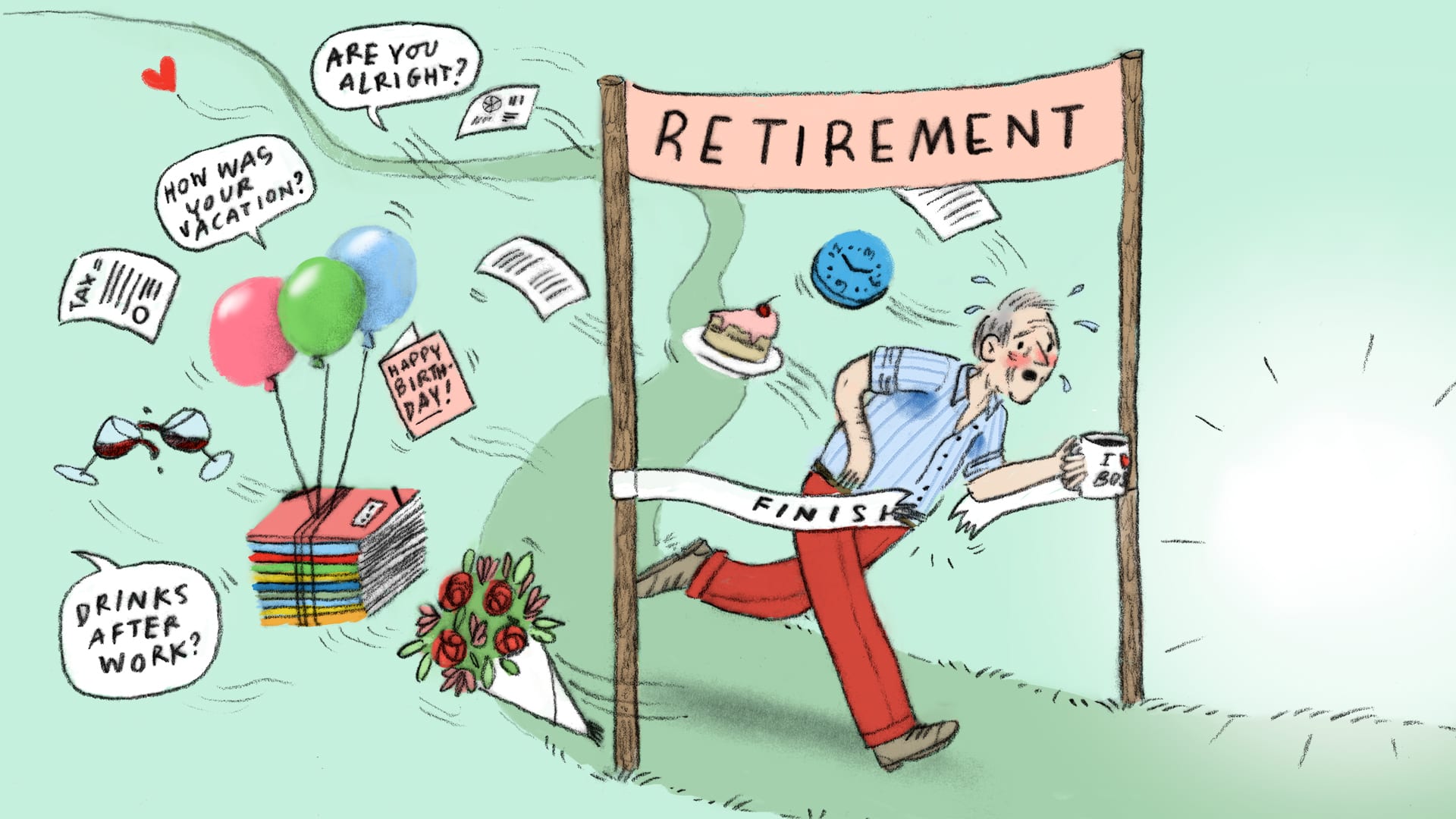
Find out the truths about saving for retirement planning
Retirement planning is one of the most important things you can do for yourself, but it’s also one of the most complicated. In this guide, we’ll teach you everything you need to know about saving for retirement, so that you can have a secure retirement that you can look forward to.
- Retirement planning begins with understanding your current financial situation.
Retirement is often seen as a time to relax and enjoy the fruits of one’s labor. However, some people are tempted to continue working during their golden years. While it may seem like a good idea at first, there are several reasons why individuals should avoid working in retirement.
First and foremost, retirement is an opportunity to pursue other interests and hobbies that were previously neglected due to work obligations. Engaging in these activities can lead to improved overall well-being and quality of life. Additionally, continuing work can result in burnout and exhaustion, leading to health issues that could have been avoided.
Furthermore, many retirees choose not to work because they want more free time with family and friends. Working during retirement can interfere with these important relationships by limiting the amount of time available for socializing or taking trips together.
The unexpected costs of retirement.
As people begin to plan for their retirement, they may not be aware of the many costs that can come with it. From costly insurance policies to high-cost expenditures, retirees can face a variety of unexpected expenses when they stop working. In some cases, these costs can be more than enough to wipe out any savings or expenditures they made during their working years.
This article examines some of the most common costs retirees face, and offers tips on how to prepare for them. By being aware of the potential costs associated with retirement, retirees can better plan for their financial security in the years ahead.
Financial Risks in Retirement
As people gear up for retirement, many are unaware of the increasing financial risks involved. Here are 4 key risks to keep in mind:
- Inflation: A steady increase in prices can quickly erode the value of a person’s savings and expenditures.
- Market volatility: A sudden and unexpected drop in the stock market or other financial markets can damage someone’s retirement savings.
- Illness and death: Illness or death can mean a loss of income, necessitating a change in spending patterns and potentially leading to decreased savings.
- Social security: The social security program is designed to provide benefits to retired individuals, but it is subject to periodic funding shortfalls that could ultimately result in a decrease in benefits.
In conclusion, John Labunski has some helpful truths to share about retirement. First, it’s important to start saving early and compound your money over time. Second, don’t forget about estate planning – you may need to make decisions about who will take care of your loved ones if you can no longer do so yourself. Finally, don’t be afraid to downsize your retirement lifestyle – you may not need as many luxuries after all. Click the link to learn how you can retire confidently with a plan.


